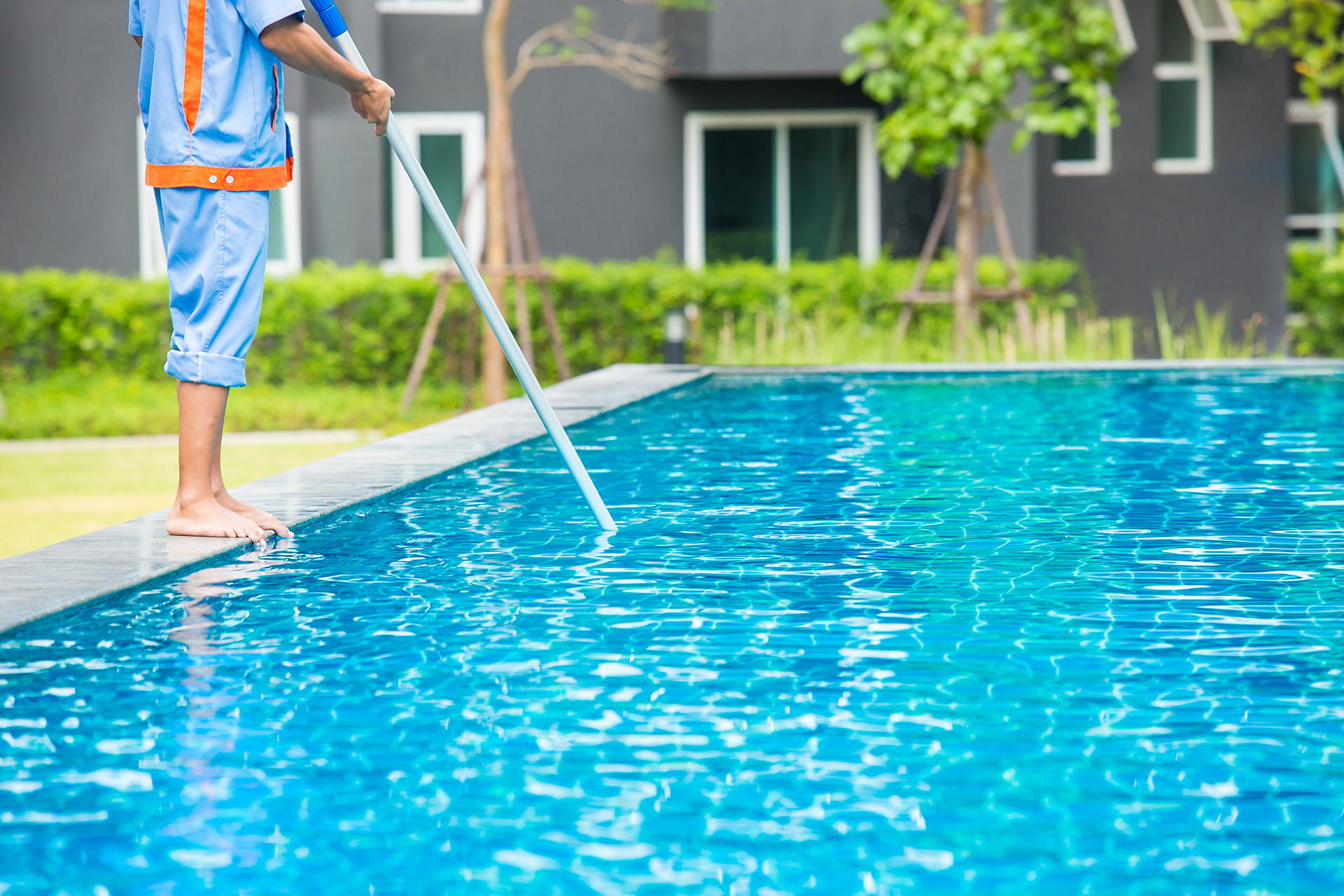It’s finally installed. The kids are happy, and even the dogs are taking a dip in the pool occasionally. More than 10 million homes in America have swimming pools, according to the Association of Pool & Spa Professionals (APSP). Americans spend anywhere between $30,000 up to $62,000 to build a pool.
But the spending doesn’t stop there. What happens if there is a problem? Is there a nearby pool expert in Salt Lake City that you can call if the drain gets clogged?
How much will the repair service cost?
Pools are expensive to install, and they are also costly to maintain, not to mention time-consuming. If you’re wondering what it takes to keep a pool working, clean, and functional, read the following discussion:
Where Maintenance Starts
Pool experts will tell you that maintenance begins by understanding and knowing your pool first. Start by knowing the basic parts of a pooland how they function. Whether it’s a simple rectangular structure or an expensive-looking one with lights and underwater speakers, the four major components of a swimming pool remain the same. They are the pool water, the interior wall or liner, the filter system, and the skimmers and returns.
Always keep the pool water free from debris and other pollutants. You also need to keep the pool walls from developing algae or molds. As the water circulates in the pool through the pool filter, the fool filter blocks contaminants from entering the pool water. The skimmer sucks water towards the filter, and then the returns push it back to the pool.
The Actual Maintenance
Maintenance is pricey, remember? You better start saving a couple of hundred bucks per month for your maintenance expenses. Here are more things you should know.
- Maintenance cost. You need roughly $190 per month if you use a professional pool maintenance service provider. If you’re going gung-ho about doing it yourself, you have to invest your time and procure the maintenance material like chlorine, filters, and vacuums. These combined can set you back $600.
- Invest in a pool vacuum. Keeping your pool safe means keeping away debris, especially those that can cause cuts or other injuries. These dangerous objects, like broken pieces of glass or small sharp metal objects, might find their way at the bottom of your pool. Automatic pool vacuums are now more affordable, and they can be left alone to suck the debris from your pool floor.
- Balanced chemicals. If the pH level is not maintained correctly and the amount of chlorine isn’t kept at a stable level, your pool water will become a different eco-system where bacteria will thrive. That is unsafe, and you risk acquiring a disease. Cyanuric acid, total alkalinity, and calcium hardness relate to other chemical levels that you need to keep in balance.
- Keep a schedule. The preceding points already imply many to-do items on your list. You must keep track of all these items and do them based on a schedule, from buying your chemical supplies to scheduling the vacuuming.
It’s always, of course, easier to hire a service provider, but that might put a strain on your budget. While DIYing the maintenance will still be costly, it can still be cheaper in the long run. The bottom line is that you need to keep your pool clean.
